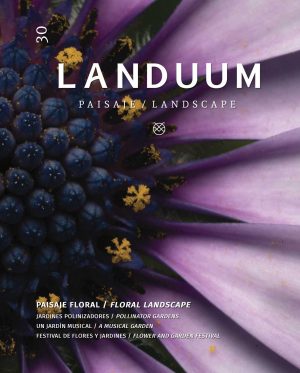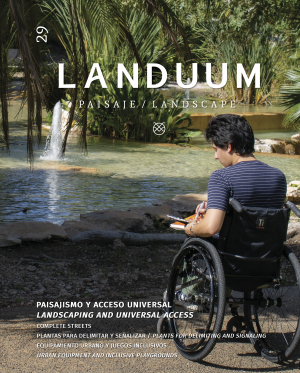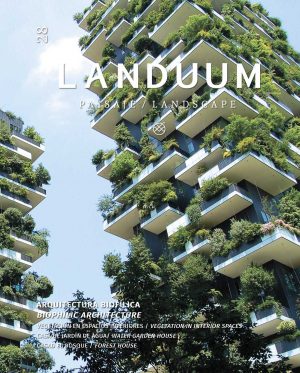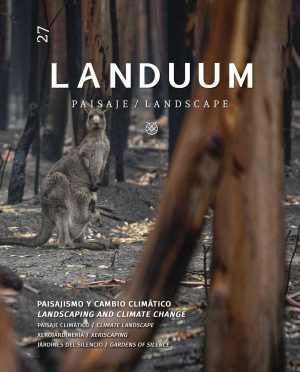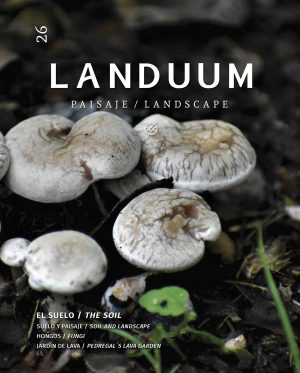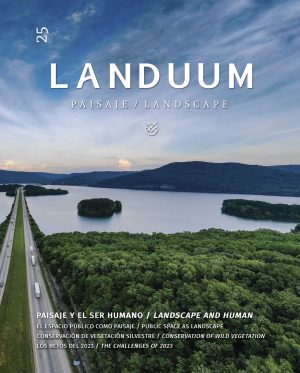Biodiversity and life
Photography: Salvador Cueva
We are fortunate to live in one of the countries with the greatest biodiversity on the planet. Mexico is a magnet for all those who seek unique and intact natural environments.
It is considered the country with the most biosphere reserves in Latin America (41 of the 121 biosphere reserves designated by UNESCO in 21 countries).
It is also among the 5 countries in the world with the largest number of Biosphere Reserves (representative areas of one or more ecosystems that are not disturbed by men or that need preservation or restoration that are usually inhabited by characteristic species of national biodiversity, including those considered endemic, threatened or in danger of extinction).
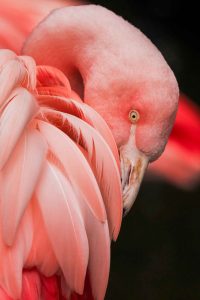
Flamenco
Photography: Gwen Weustink (www.unplash.com)
Among the natural areas found in Mexico we can find forests, reefs, deserts, wetlands, mountains, jungles, islands and oceans with their consequent species of flora and fauna. Some of the most important are:
Lagartos River, in Yucatan, between the union of the waters of the Caribbean Sea and the Gulf of Mexico, mangroves, wetlands and deciduous forests are found. It is the place where flamingos breed and nest.
The Vizcaíno, in Baja California Sur, fuses the desert and the ocean, revealing several ecosystems such as coastal dunes, mangroves and lagoon systems, which are visited by the gray whale year after year.
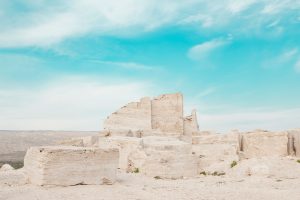
Cuatrociénegas
Photography: Salvador Cueva
Sian Ka’an (“where the sky is born” in Maya), is the largest protected area in the Mexican Caribbean, in the state of Quintana Roo. It is home to 4,000 species of plants and hundreds of animals. An impressive reserve that joins forests, wetlands and part of the Mesoamerican Barrier Reef System.
Montes Azules, in Chiapas, contains one of the largest areas of humid tropical forest in Mexico and Central America.
Cuatrociénegas, in the state of Coahuila, is a spectacular oasis where there are approximately 500 bodies of water between the mountainous and desert landscapes. You can find endemic species and the beautiful desert dunes.
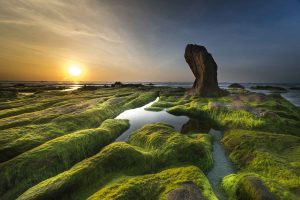
www.unsplash.com
The term biodiversity refers to the wide variety of living beings on the planet. It is a dynamic system that is constantly evolving where each species has an environment appropriate to their needs so that each of these can relate harmoniously with the environment that surrounds them.
The living landscapes generated by the biodiversity of a country and the resources it provides to human beings in terms of the production of essential supplies for their subsistence makes us completely dependent on a healthy natural environment.
Therefore, the conservation of biodiversity is fundamental, not only for life and the economy, but at a deeper level, also for the conservation of health and the generation of happiness of the human being.
Increasingly, there is an improvement in legislation designed to protect nature, however, life and wild places have been decreasing in quantity and quality for decades and continue to do so. The high value that nature has on a personal and individual level rarely translates into public policies or investment decisions and spending by the government, organizations or the private sector.
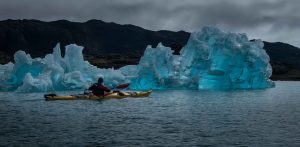
Photography: Frank Busch (www.unplash.com)
Biodiversity is important because it provides people with great emotional value, a wide range of valuable goods and services that are of practical benefit to society, which translate into a financial value that contributes to the economic performance of societies and countries.
It is also essential to address many of the most pressing social and economic problems in a country such as maintaining the productivity and quality of life of a growing population.
The natural environment provides us with a wide range of “ecosystem services” or essential environmental functions for life. We receive resources from the natural environment, such as food, drinking water, energy, construction materials, natural medicine, etc.
We receive regulatory systems such as pollination, waste decomposition, regulation of floods and droughts, pest control, diseases and pollution.
We also receive cultural services (recreation, tourism, creative inspiration and spiritual enrichment). All these indispensable services for the human being depend on Biodiversity.
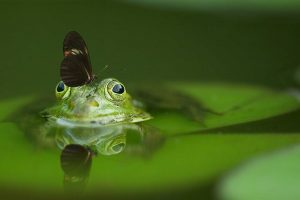
www.unsplash.com
Nature and wildlife have intrinsic value. They are valuable in their own right and we have a moral responsibility to take care of them, regardless of the benefit that can be obtained from them. The same case is related to the emotional value of nature and wildlife that give us wellbeing by enjoying them.
Undoubtedly, nature provides us with goods and services that are of practical value to us and to the rest of society. Food production, flood control and the improvement of physical and mental health and well-being have a practical and social value.
Many aspects of nature, and the goods and services it provides, can be bought and sold. They have economic value and promote and help social development. We will need to develop the commitment of people with the natural environment.
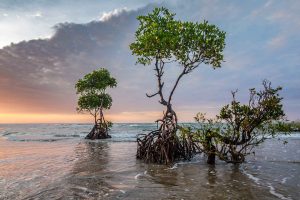
Defending the protection and recovery of nature and biodiversity increases the well-being of the local population and contributes to the prosperity of the country’s communities.
Protecting biodiversity also allows maintaining living landscapes so that places rich in wildlife, help nature to recover, for their own good and for the good of the people who depend on it. It is not only about stopping the decline but about reversing it.
To achieve this, a much larger part of society will have to be inspired to act in favor of nature, and must be able to feel and understand the full extent of how valuable it is. Society in general must feel connected to the natural environment. It must be a real and palpable part of your life.
In this way, man will value the impact of nature and invest money, time, physical and mental effort and an emotional commitment to achieve its expansion and recovery. The conservation of biodiversity is fundamental for the conservation of health and the generation of happiness of the human being.



